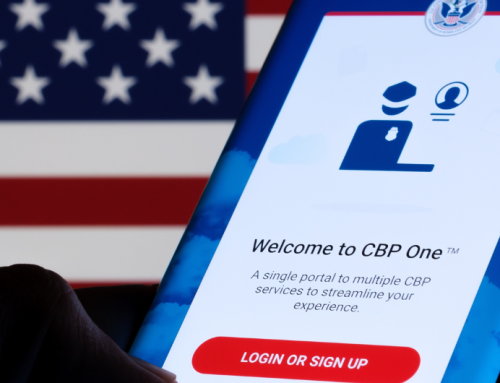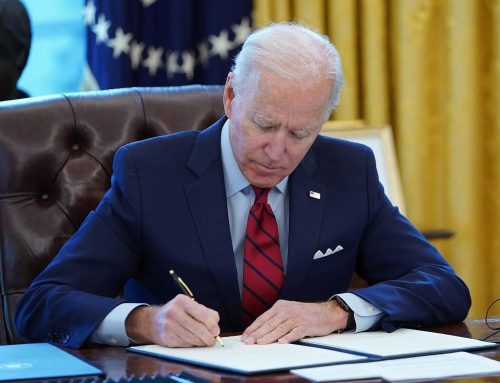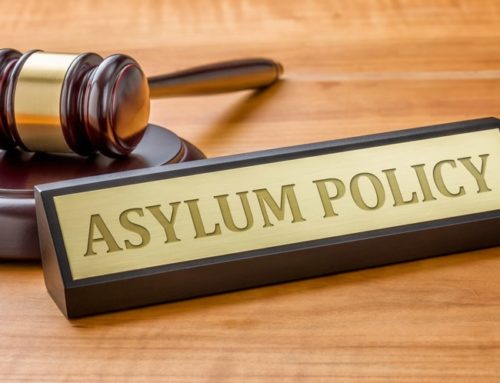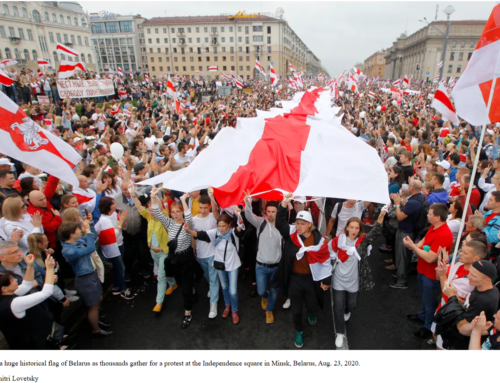VAWA Approval for Abused Spouse of US Citizen
I.S. Law Firm secured approval of a Violence Against Women Act (VAWA) petition. It was filed on behalf of the abused spouse of an abusive United States citizen. This VAWA approval classifies our client as the battered spouse of a US citizen, allowing her green card application to proceed.
In this case, our client was eligible to file a VAWA petition (Form I-360) and a green card application (Form I-485) at the same time. This is because she was married to a United States citizen who had verbally, mentally and physically abused her. Her green card application will be adjudicated separately and will be approved, provided there are no inadmissibility issues.
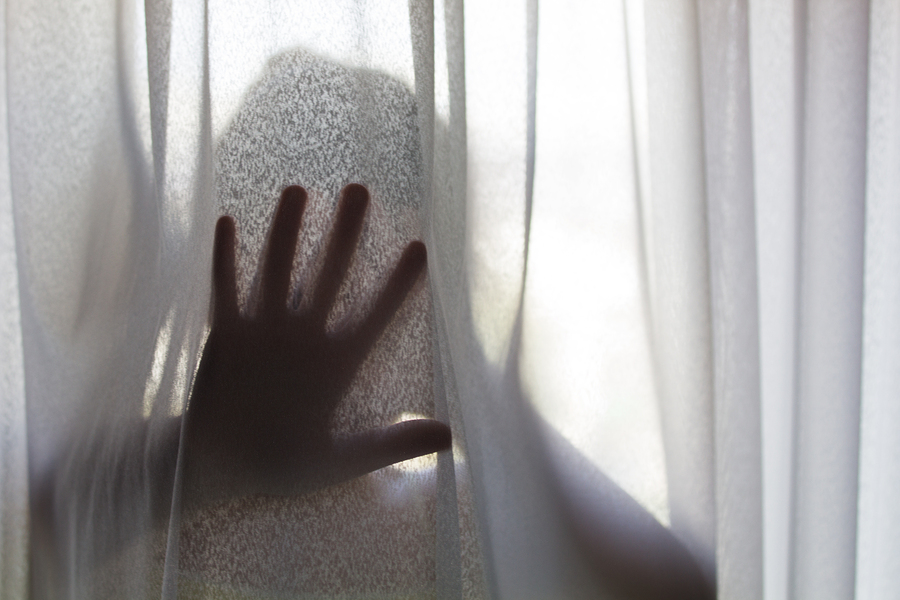
Immediate relatives of US citizens (spouses, unmarried children under 21, and parents) can file for adjustment of status (green card) at the same time as they apply for VAWA. This is known as “concurrent filing of I-485”. Preferential category individuals (spouses and children of green card holders) can file for adjustment of status when their visa priority number becomes available.
VAWA provides relief for domestic violence victims, including abused spouses. The original Violence Against Women Act was passed in 1994 and reauthorized three times, most recently in March 2013. This was after much controversy and debate in the United States Congress.
VAWA is a “self-petitioning” relief that removes control from the abuser, allowing the abused spouse to submit his or her own application that is filed without the abuser’s knowledge or consent. Abused spouses, children of US citizens and lawful permanent residents (green card holders) as well as abused parents of US citizens (but not green card holders) can self-petition for VAWA.
In order to be eligible for immigration relief under VAWA, a victim of domestic violence, including abused spouses, must:
- Have in the present or past a qualifying relationship to the abuser (for abused spouses, marriage must be in good faith);
- Be subjected to battery or extreme cruelty by the abuser;
- Reside in the present or past with the abuser;
- Possess good moral character.
Benefits of immigration relief under VAWA approval
- Ability to self-petition (no need for sponsor);
- Changes to the abuser’s immigration status after filing a self-petition will not adversely affect victim’s self-petition;
- After VAWA approval, the victim can be placed in deferred action to prevent removal from the US;
- After VAWA approval, the victim can work in the US;
- Remarriage of the self-petitioner after VAWA approval of the self-petition is not a ground for revocation of the approved self-petition.
- Ability to adjust status to lawful permanent resident (green card holder): Normally, an individual entering the US without inspection, also known as EWI (Entry Without Inspection) – or in lay terms an individual who entered the US illegally, is not eligible for adjustment of status in the US even through marriage with a US citizen. Those who entered the US without a visa or inspection at the border must apply for a provisional waiver. They must then leave the US to receive their immigrant visas from US consulates abroad. However, VAWA approval recipients are exempt from such a requirement and can apply for adjustment of status inside the US. In this sense an approved VAWA acts somewhat similar to asylum.
- Eligibility for citizenship after being LPR for 3 years: Normally, you can apply for US citizenship after 5 years of permanent residency in the US. However, VAWA beneficiaries may qualify for US citizenship based on the 3-year rule i.e. after 3 years of continuous residence in the US even if they are divorced at the time of application.
- Automatic waiver of certain grounds of inadmissibility: VAWA beneficiaries are also eligible for adjustment of status even if they were found to have committed immigration fraud or misrepresentation in the past. Such misrepresentations cannot be related to the claim of citizenship or to the VAWA process itself, including the marriage in which the abused spouse, VAWA applicant claims he or she was abused. However, for example, if the applicant had previously entered into a sham marriage and then subsequently divorced and entered into a good faith marriage, where he or she was abused, then the abused spouse can apply for VAWA by filing I-360 concurrently with an application for adjustment of status (I-485), even if the previous marriage was determined to be sham or fake.
Challenges in VAWA cases, especially those based on marriage, include the requirement to prove a good-faith relationship between the abused spouse and the abuser. Good-faith marriage must be thoroughly documented prior to VAWA approval. This may be difficult in some cases where the abused spouse is separated from the abuser and no longer has access to records and papers. In addition, the abuse must also be documented and assessed by professionals. Finally, even if VAWA is granted, the green card may be denied because of various inadmissibility issues. For these reasons, if you are thinking about filing a VAWA petition and are an abused spouse, it is important to contact an experienced lawyer.
PLEASE NOTE THAT CASE RESULTS DEPEND UPON A VARIETY OF FACTORS UNIQUE TO EACH CASE. CASE RESULTS DESCRIBED BELOW DO NOT GUARANTEE OR PREDICT A SIMILAR RESULT IN ANY FUTURE CASE UNDERTAKEN BY I.S. LAW FIRM, PLLC.
Attorneys at I.S. Law Firm have helped many immigrants, including those who have been an abused spouse, to adjust their status in the United States and obtain green cards. If you are struggling to get a VAWA approval and would like to explore your immigration options, please contact us at +1-703-527-1779 or via email: [email protected].


